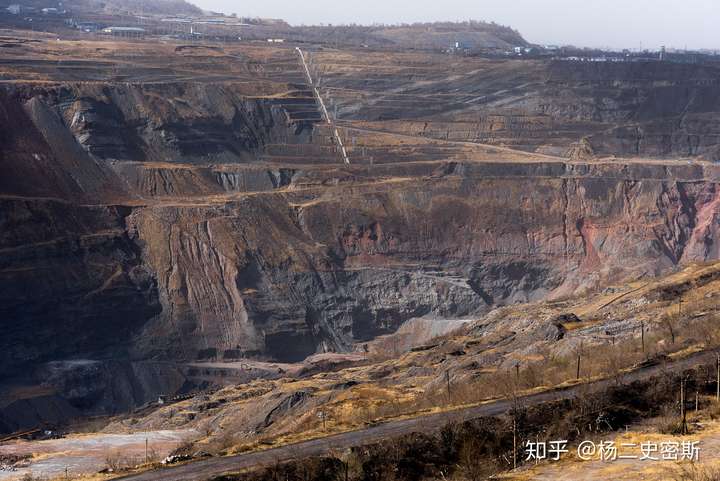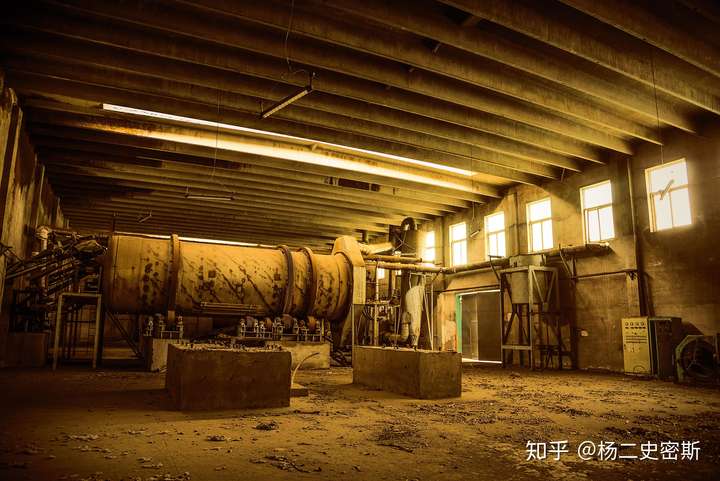In the past decades, human society has been committed to making their energy consumption more sustainable and environment-friendly. A landmark shift is from coal to natural gas, which is cleaner. From a macro point of view, I think this is a good thing, but when we turn our goal to cities prospered by coal, or people who work hard in mines and power plants for others to have a warm winter or a bright night. This transformation is unfair to them. Whether in the United States, Japan, or China, these people and their hometowns have not been treated well. Their living conditions deserve our attention.

Abandoned open pit, photographed by Yang Er Smith. retrieved from Zhihu, https://www.zhihu.com/question/321915910/answer/731964574
The first incident happened in my country, China. The place of the incident was not a big city such as Beijing or Shanghai. Instead, it happened in small towns in some remote provinces. These small towns are often bound with a natural resource, such as coal or iron ore. In the past decades of rapid development, these small cities have provided tremendous natural resources for coastal cities. The vast majority of the value created by these resources remains in these coastal cities, with the depletion of natural resources, or from fossil energy to the implementation of sustainable energy policy. The development of these cities gradually stagnated and even fell into recession. Young people moved out of the city, leaving only the elderly as the remaining residents. What makes me most angry is that the residents and enterprises in large coastal cities not only do not appreciate the efforts of these small inland cities and residents but even further exploit and ridicule these residents. The government has not increased municipal payments to these areas because of the contributions made by these small cities for national development. All these reflect the systematic injustice of this era.

Abandoned power plant, photographed by Yang Er Smith. retrieved from Zhihu, https://www.zhihu.com/question/321915910/answer/731964574
Another example occurred in Japan. Yubari, a small town in Hokkaido, was once famous for its local coal industry. At its peak, the population of Yubari was close to 120000, but with the slowdown of Japan’s economic development and the conversion to clean energy, Yubari also declined. Today, the population of Yubari is only 6500, and the average age of residents is over 65; only the elderly live here. All municipal services in Yubari have significantly been cut, including schools, trains, and hospitals. Like small cities in China, I think the biggest problem of these resource-exhausted cities in the life of the elderly. After the young people move away, the locals even can only serve the elderly. Obviously, its efficiency and accuracy can not be guaranteed. Therefore, if the government still does not increase municipal subsidies to these places, the number of the most regrettable methods of death, such as solitary death, will increase greatly.
I believe in the former coal mining areas of the United States, such as Montana and the Appalachian Mountains, these cities that rise and fall because of mining also exist. Most of the remaining residents are older people who are unable to move away. The lack of attention to these people is a systematic injustice.